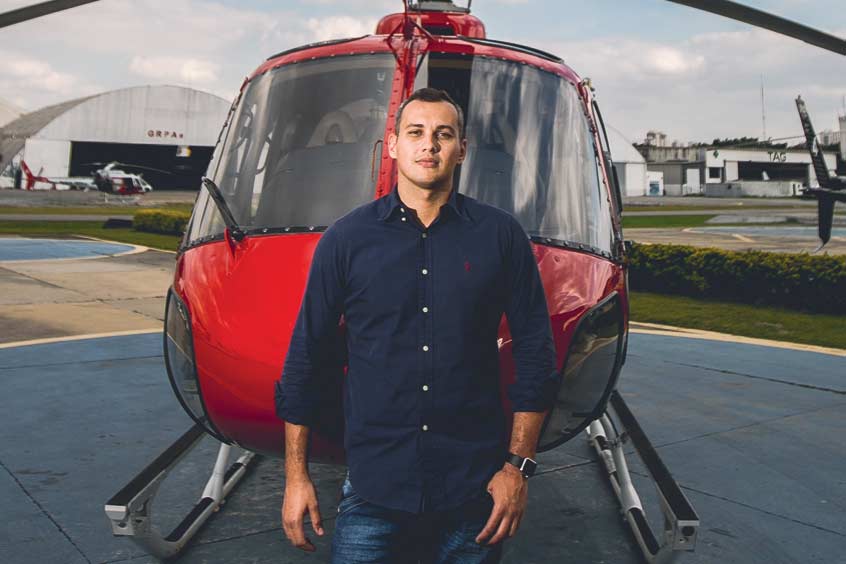Why visit ACE ’25?

Brazil's Helimarte has decided to move to an exclusively Airbus Helicopters and Robinson fleet, as over the last five years the number of Bell rotorcraft, and therefore the amount of maintenance support available, has tailed off. “There are not so many JetRangers here now, so it is more difficult to find mechanics and parts for this aircraft,” explains commercial and air ops manager Rafael Dylis. “With this situation we are spending more on maintenance and more time on the ground, waiting for parts from outside of Brazil.”
As far as Airbus support is concerned , Brazil has Helibras, an Airbus Helicopters company with a lot of technical expertise, parts availability and favourable prices. “It is best for us to refresh our fleet with Airbus helicopters and continue with Robinsons, because they are well supported too,” Dylis continues.
“We are a charter company so we always need to have helicopters available to fly. The JetRanger could still be good in the private sector where it needs to fly less frequently.”
Helimarte has five ASTAR (H125), one Bell 206 JetRanger and two Robinson 44 Raven IIs. It used to operate a King Air C-90 and more Bell 206 JetRangers but in 2018 decided to upgrade its fleet. “Finding parts in Brazil can be difficult; we prefer to work with newer helicopters.”
Popular destinations include beaches near São Paulo, which can be reached in around one hour by helicopter. Helimarte also flies transfers inside the city and some technical flights like inspections.
Dylis has witnessed more flying from executive aircraft since the global virus pandemic started, because commercial companies had less flights and shorts trips were cancelled but this has not benefitted his business. “Helicopters are not such a good option because for flights longer than 200 km fixed wing aircraft are cheaper and faster than helicopters, and Brazil is a continental size and we have always more than 200 km to fly to its main cities,” he explains.
“We really don't know when things will be back to normal. April and May were bad, it was a little bit better in June but by no means regular. We have transported a lot of COVID tests and masks.”